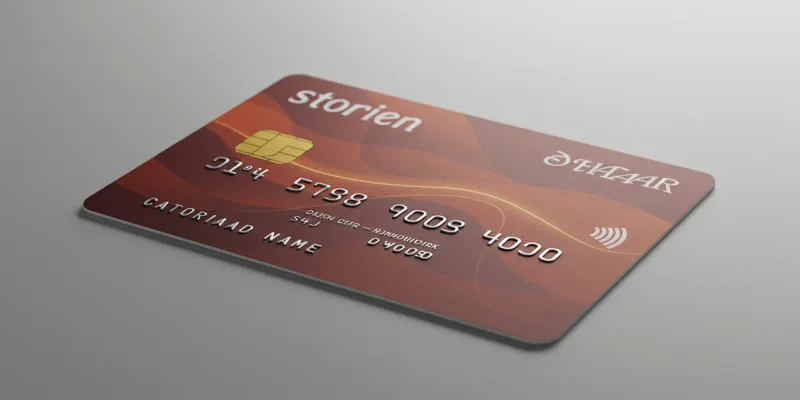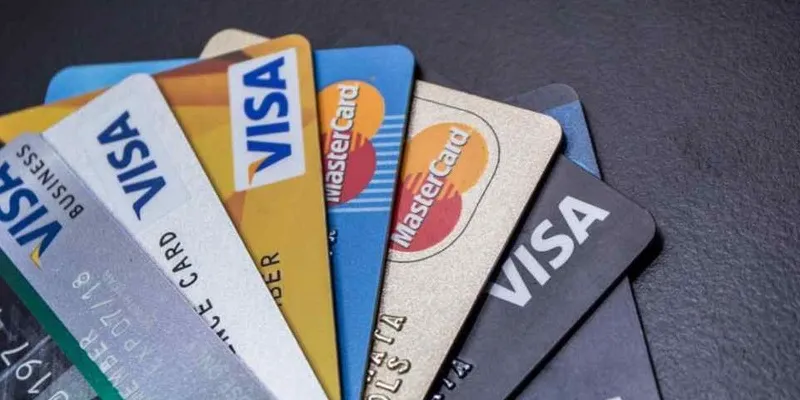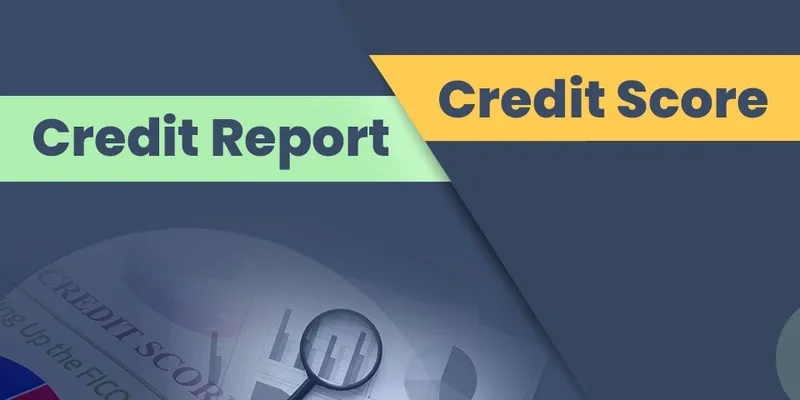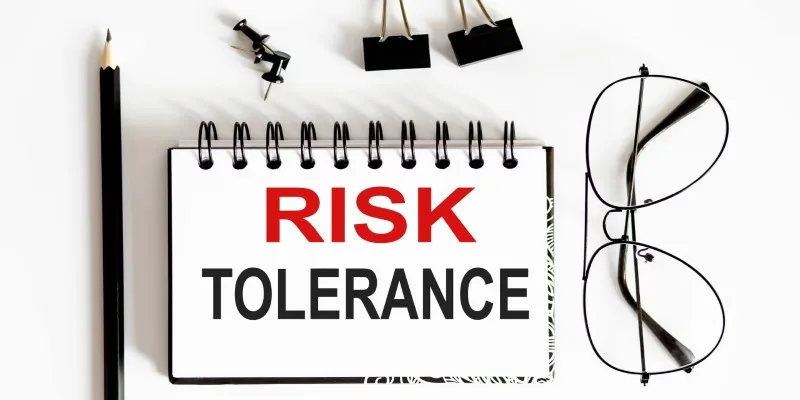Comprehensive Guide to Black-Owned Banks by State
Black-owned banks have a rich history of serving underserved communities across the U.S., helping to close the racial wealth gap and foster economic empowerment. These financial institutions are vital in providing fair financial services, especially for Black Americans, who have historically faced systemic barriers in mainstream banking.

As of 2024, approximately 40 Black-owned banks and credit unions exist nationwide, each standing as a pillar of economic support. This guide explores these financial institutions by state, highlighting their role in promoting financial inclusion.
The Role of Black-Owned Banks
Black-owned banks have a mission that extends beyond traditional banking. They aim to provide equitable access to capital and services for individuals and businesses historically underserved. These banks often offer loans and mortgages at more accessible rates, helping reduce the racial wealth gap. Additionally, many invest in community programs focused on financial literacy, affordable housing, and entrepreneurship.
Empowering Communities: Black-Owned Financial Institutions Across the U.S.
By offering tailored financial services, Black-owned banks help build wealth, support small businesses, and provide critical resources for individuals and families often overlooked by mainstream banks.
Alabama: Building Community Financial Power
Alabama hosts several prominent Black-owned financial institutions. Alamerica Bank in Birmingham offers various personal and business banking services, including deposit accounts and loans. Operational since 2000, it provides crucial financial services to its local community. Another important player is Commonwealth National Bank in Mobile, offering savings accounts, business loans, and personal banking services tailored to community needs.
Georgia: A Hub for Black-Owned Banking

Atlanta, Georgia, is a central hub for Black-owned banks. Citizens Trust Bank, one of the oldest Black-owned financial institutions in the U.S., has served Georgia and Alabama since 1921. With a focus on business and mortgage loans, Citizens Trust Bank is instrumental in providing financial solutions to Black businesses and homeowners. Additionally, Carver State Bank in Savannah offers personal and business accounts, along with wealth-building services to empower its clients.
Texas: Expanding Financial Inclusion
Texas is home to notable Black-owned banks aiming to uplift their communities. Unity National Bank, founded in 1985, has branches in Houston, Texas, and Atlanta, Georgia. It offers a broad range of services, from checking and savings accounts to business loans, all aimed at supporting minority communities. Meanwhile, Faith Cooperative Credit Union in Dallas plays a key role in offering micro-loans to local community members.
The Role of Credit Unions: A Cooperative Approach
In addition to traditional banks, Black-owned credit unions serve as vital financial lifelines. Credit unions are member-owned cooperatives, often providing lower fees and more personalized services. For example, 1st Choice Credit Union in Atlanta offers everything from checking accounts to personal loans, emphasizing financial education. Similarly, Hope Credit Union, operating in several states including Alabama and Mississippi, offers savings programs and credit-building loans specifically designed for low-income families.
Nationwide Presence: Institutions with Broader Reach
Some Black-owned banks, like OneUnited Bank, serve multiple states through digital platforms and branch networks. Headquartered in Boston, Massachusetts, OneUnited Bank is the largest Black-owned bank in the U.S., with a significant presence in states like California and Florida. Its mobile and online banking options make it accessible to customers nationwide, supporting Black communities through various financial products, including mortgages, credit cards, and savings accounts.
Liberty Bank and Trust, based in New Orleans, Louisiana, operates in several states, including Texas, Mississippi, and Michigan. Liberty Bank has a long-standing commitment to economic empowerment, offering both personal and business banking solutions with a focus on community reinvestment.
Why Support Black-Owned Financial Institutions?
Supporting Black-owned banks transcends typical financial transactions; it’s about promoting economic justice and empowering underserved communities. These institutions play a key role in bridging the racial wealth gap by offering fair lending practices, fostering financial literacy, and investing in local businesses that often face barriers to traditional funding.

Banking with Black-owned financial institutions contributes directly to the revitalization of economically marginalized neighborhoods, helping build a more inclusive economy. Additionally, these banks offer critical support for wealth accumulation within Black communities, ensuring long-term economic growth and stability.
Challenges and Opportunities in 2024
In 2024, Black-owned banks face unique challenges and opportunities. One main hurdle is the high cost of regulatory compliance and operation, which has contributed to a decline in the number of Black-owned banks over the years. Additionally, these banks must compete with larger financial institutions offering lower fees and broader product ranges. The ongoing consolidation in the banking industry also pressures smaller, community-focused banks.
However, significant opportunities exist as well. The rise of fintech companies and digital banking platforms like Kinly and MoCaFi enables Black-owned banks to reach a broader customer base nationwide. These platforms leverage technology to offer modern, accessible banking services while maintaining a strong focus on community empowerment. As more people seek socially responsible financial solutions, Black-owned banks have the opportunity to grow by offering personalized services and focusing on financial literacy and wealth-building in underserved communities.
Conclusion
Black-owned banks are more than financial institutions—they are beacons of economic empowerment and community support. From large cities like Atlanta and Houston to smaller markets like Mobile and Birmingham, these banks are integral to fostering financial independence in Black communities.
In 2024, as the U.S. continues to contend with economic disparities, the role of Black-owned banks remains as vital as ever. By supporting these institutions, we can all contribute to building a more equitable financial landscape.
For more insights into financial empowerment, explore our articles on community banking and financial literacy.











